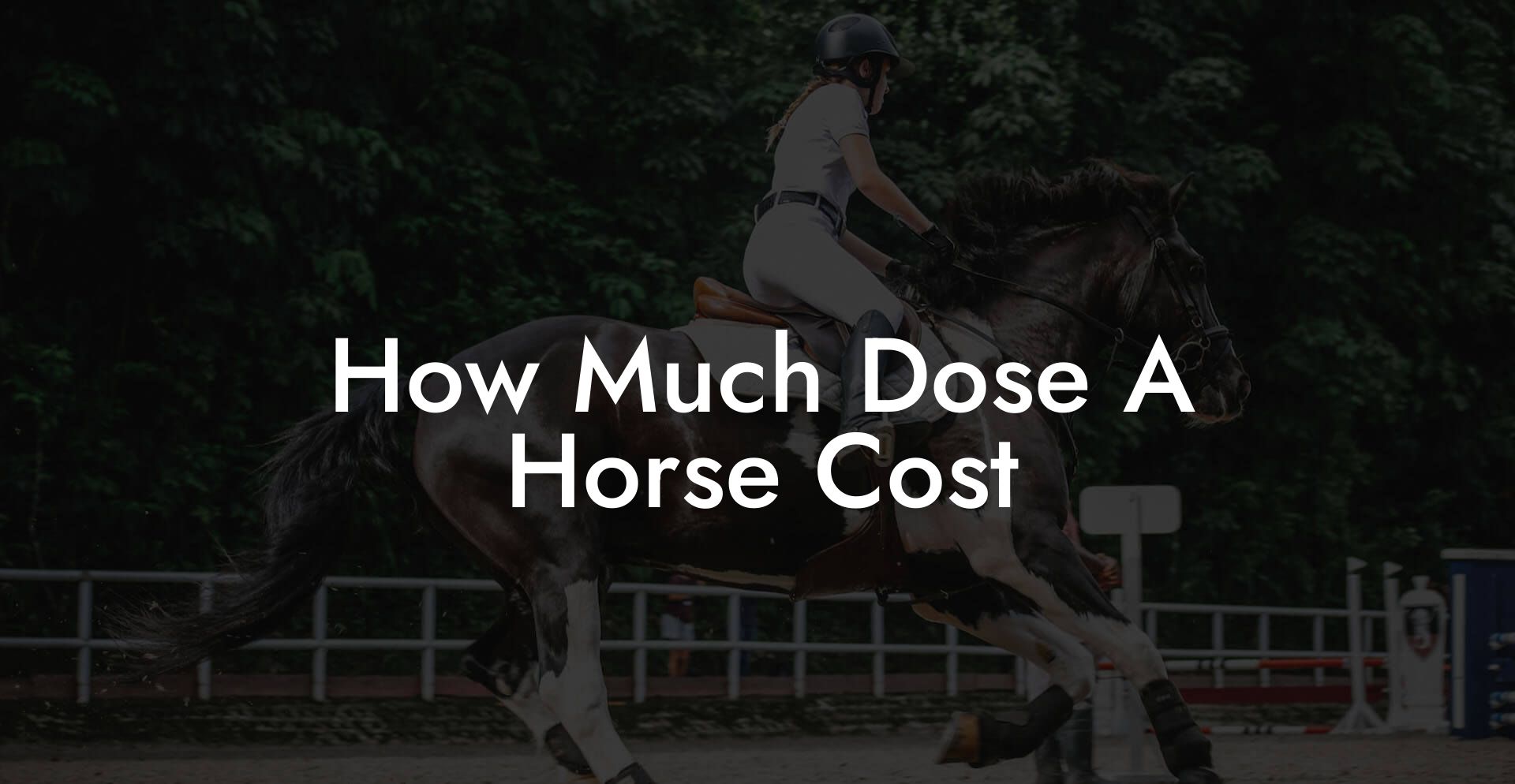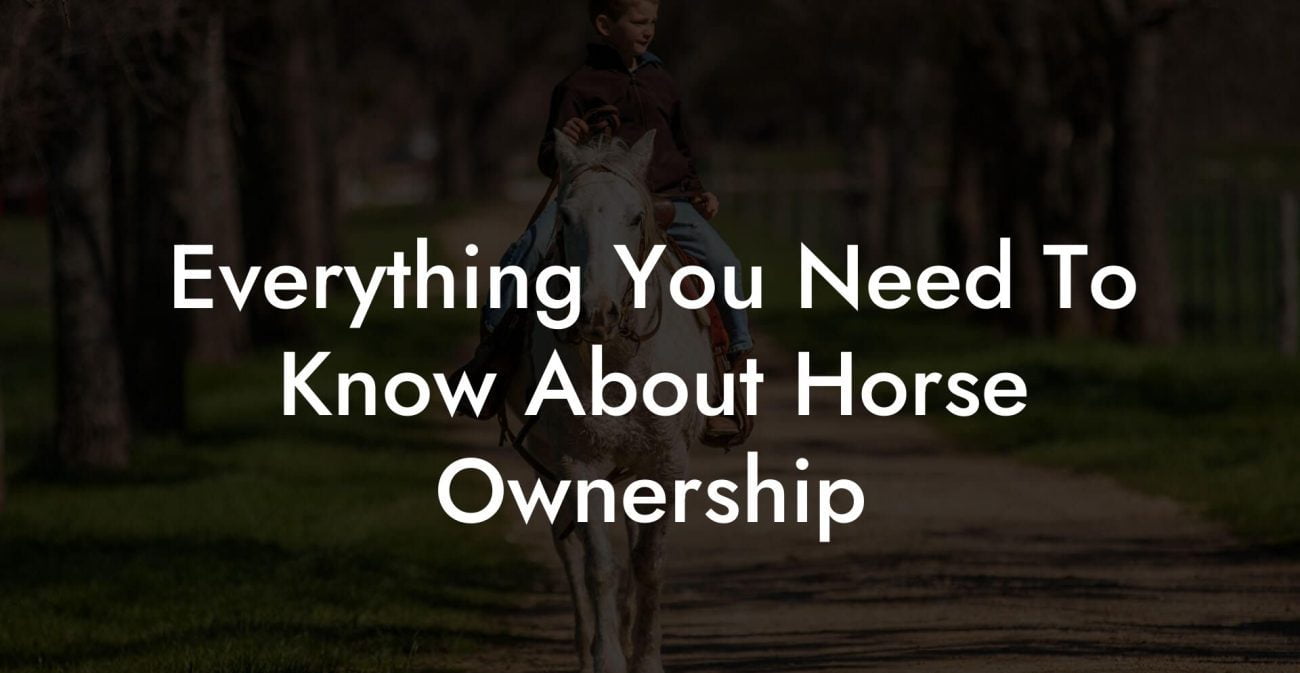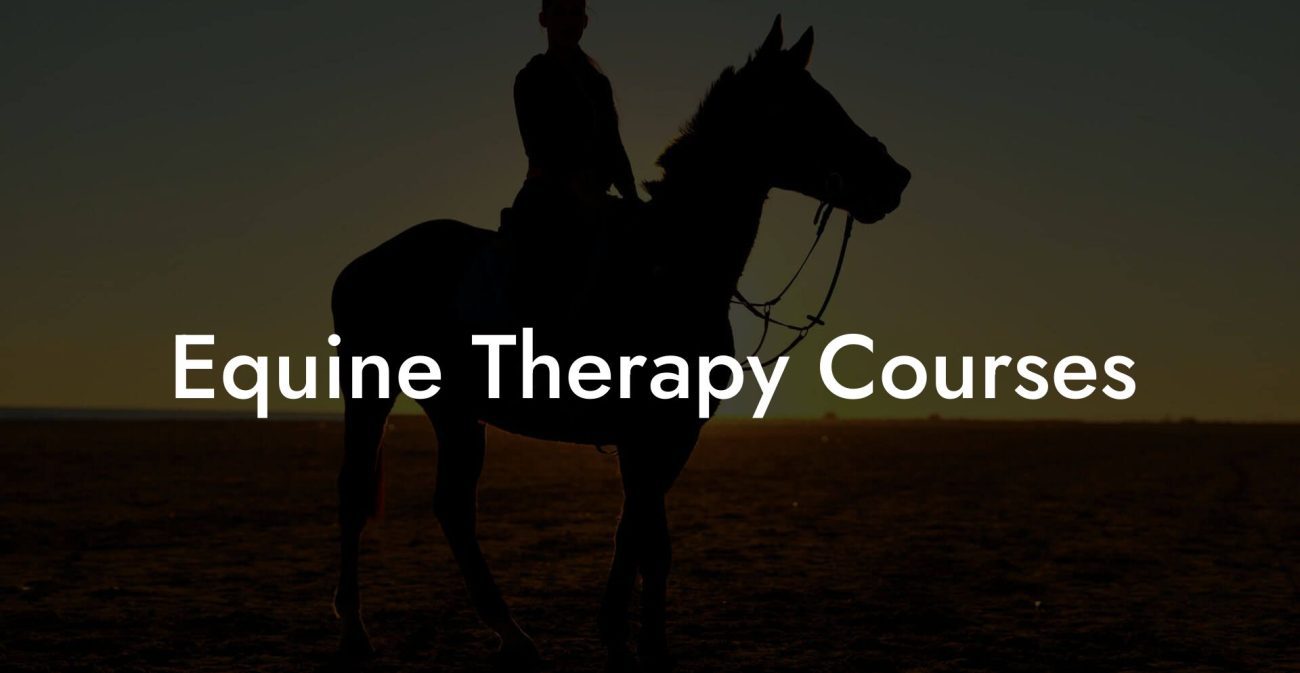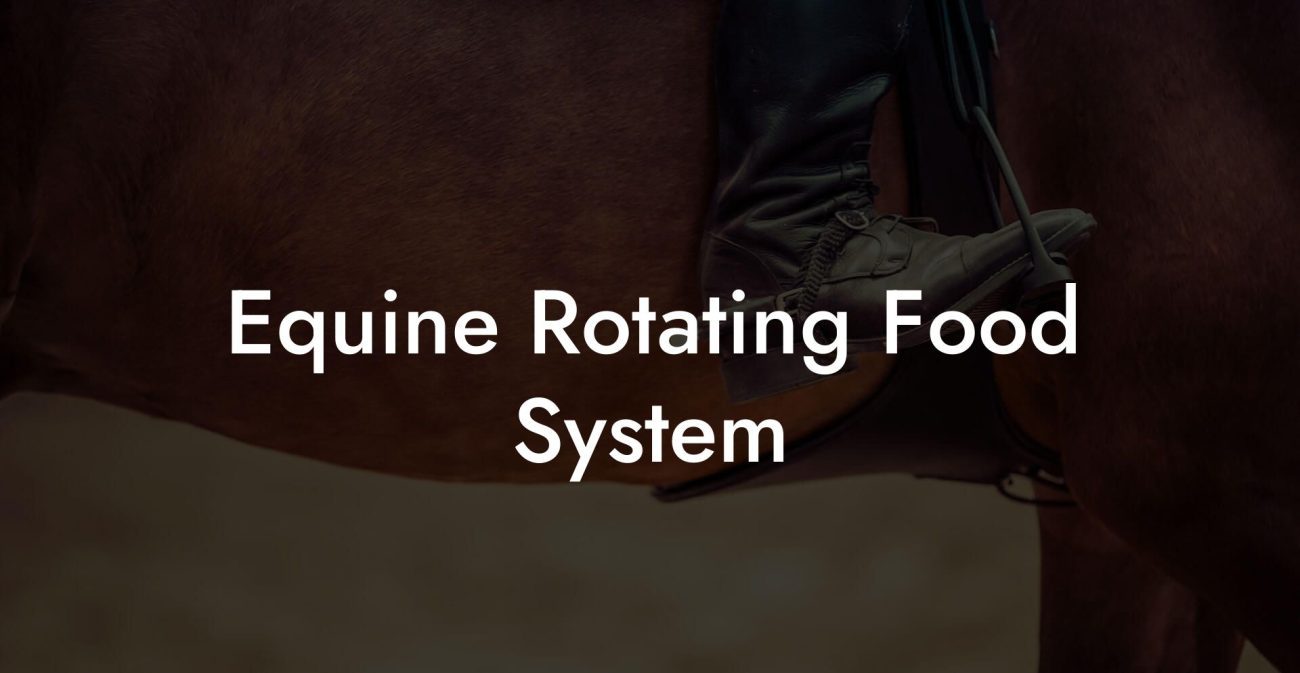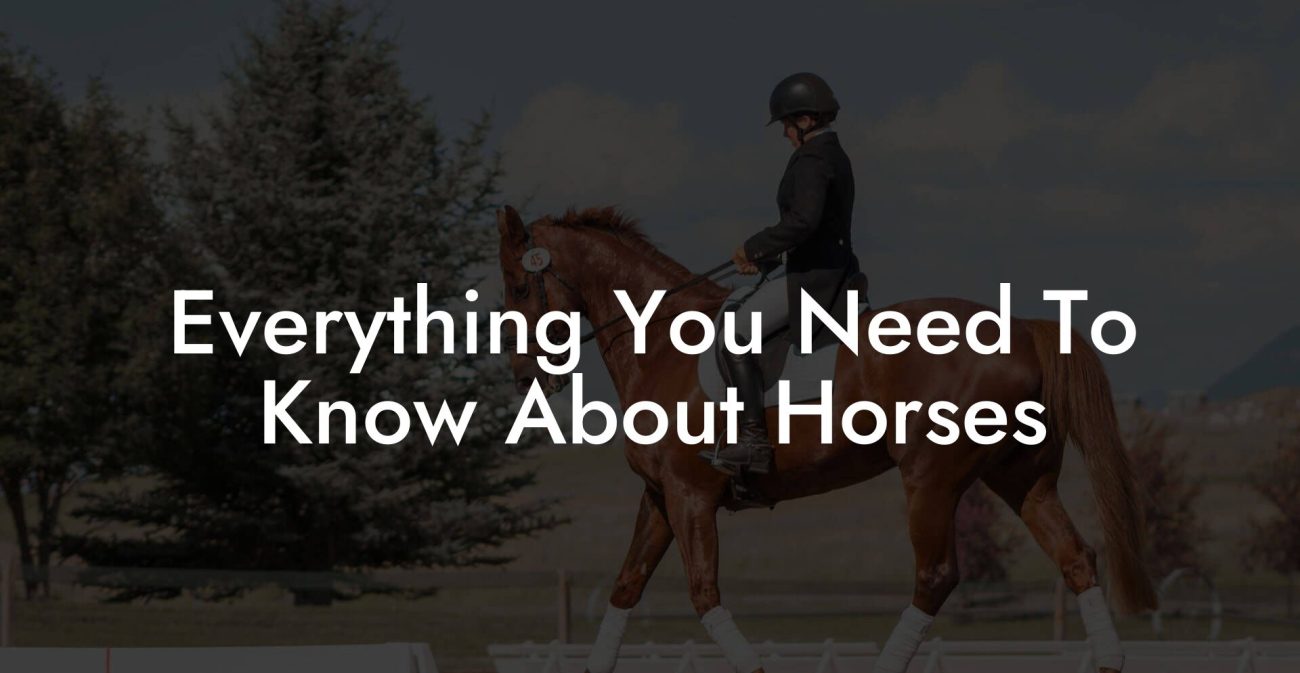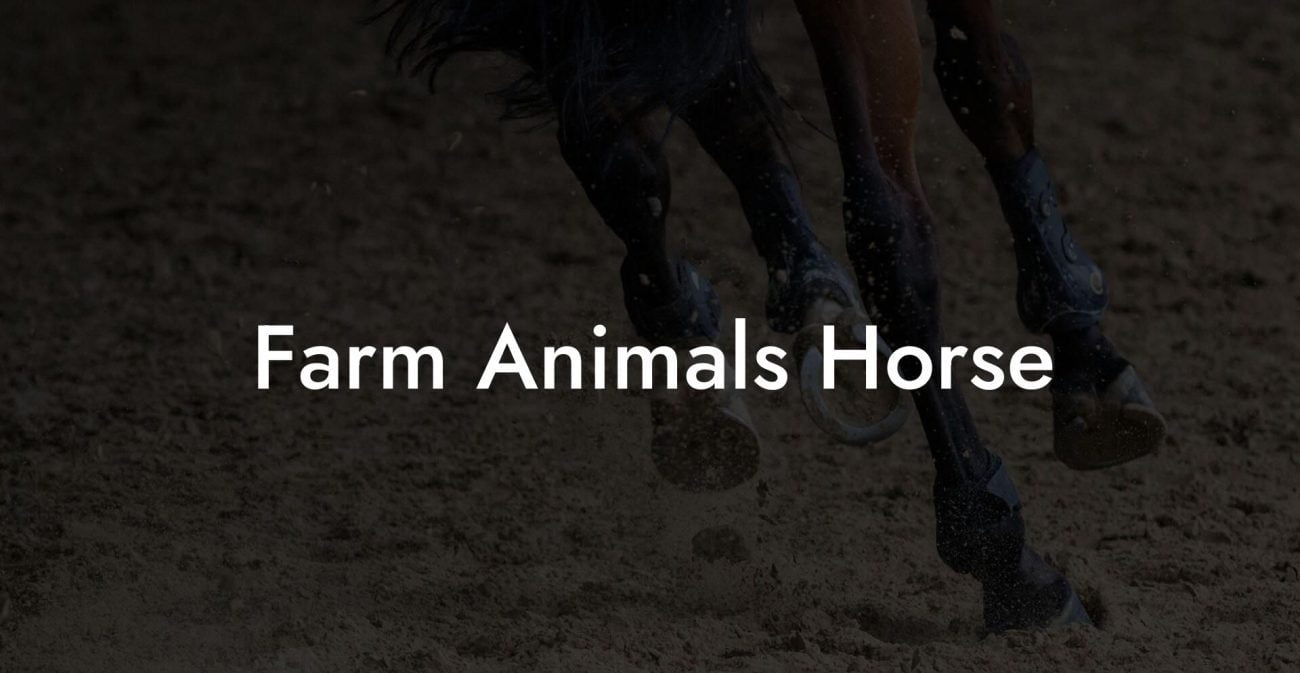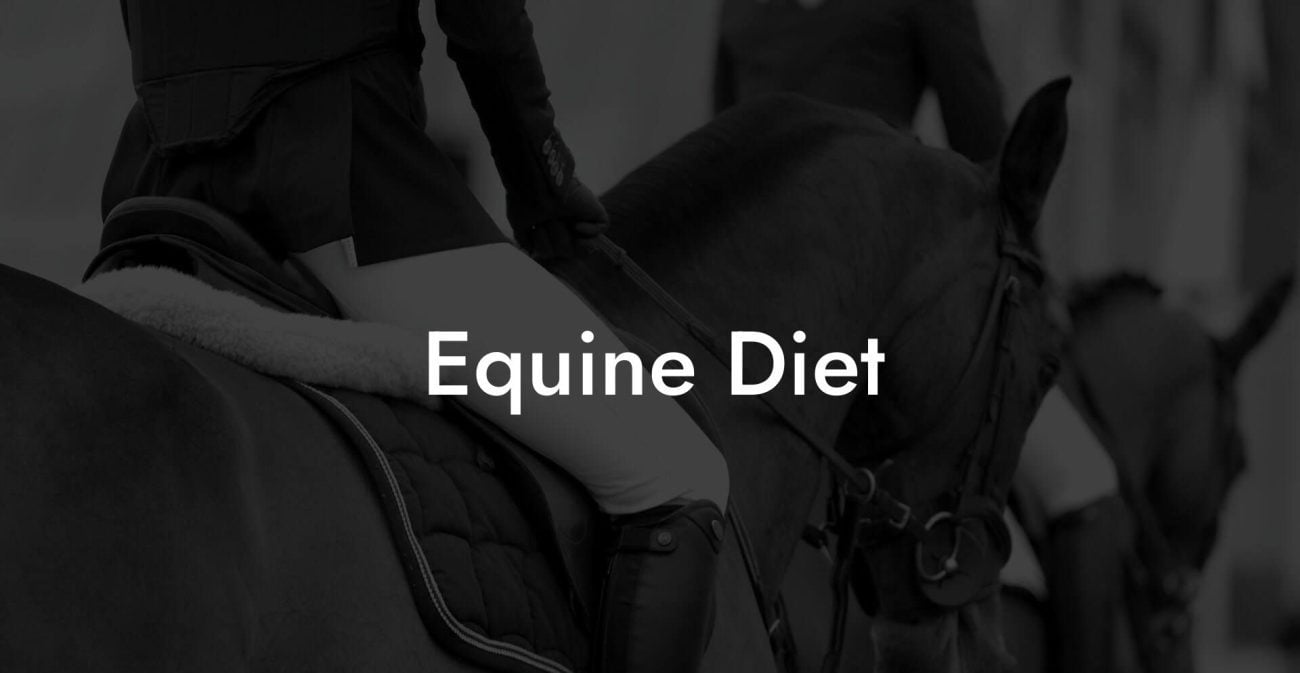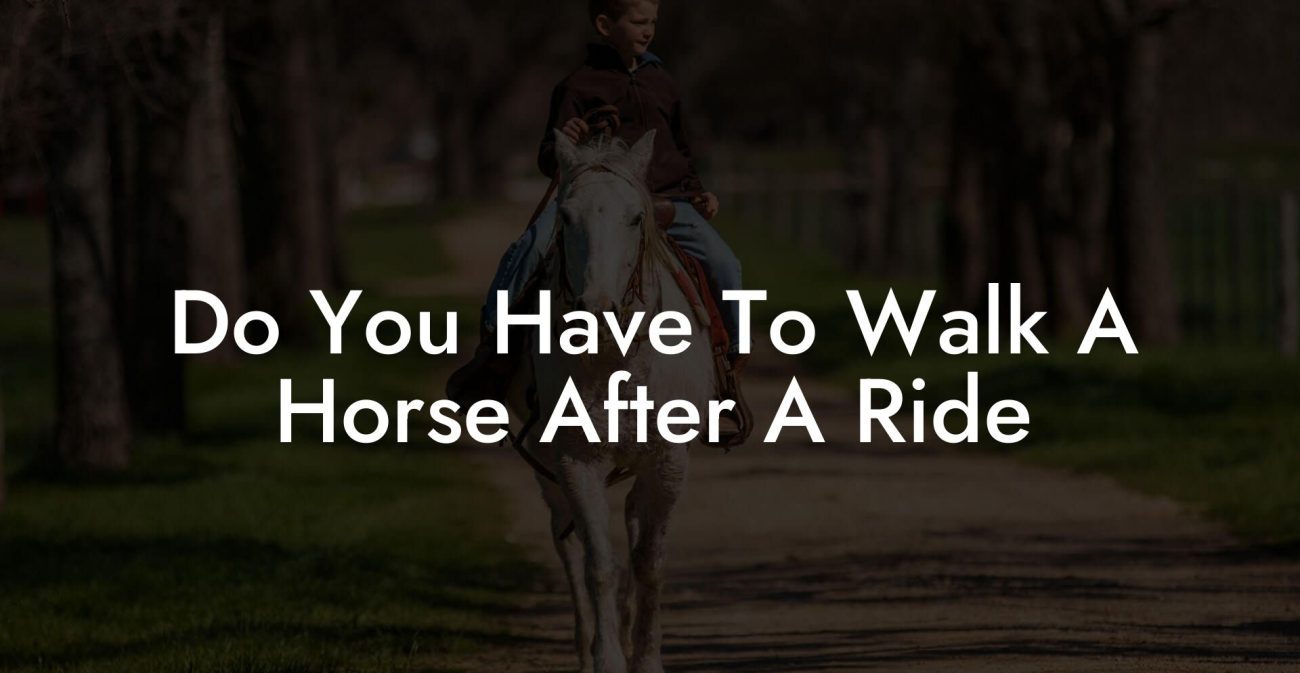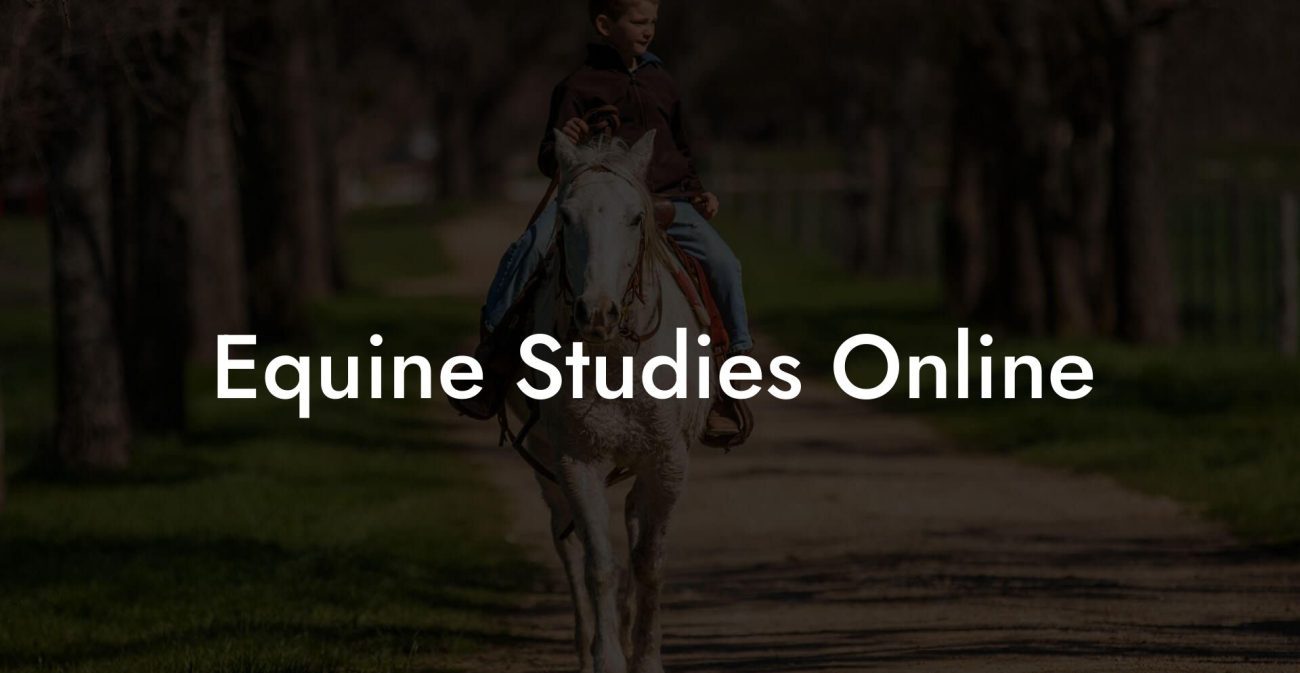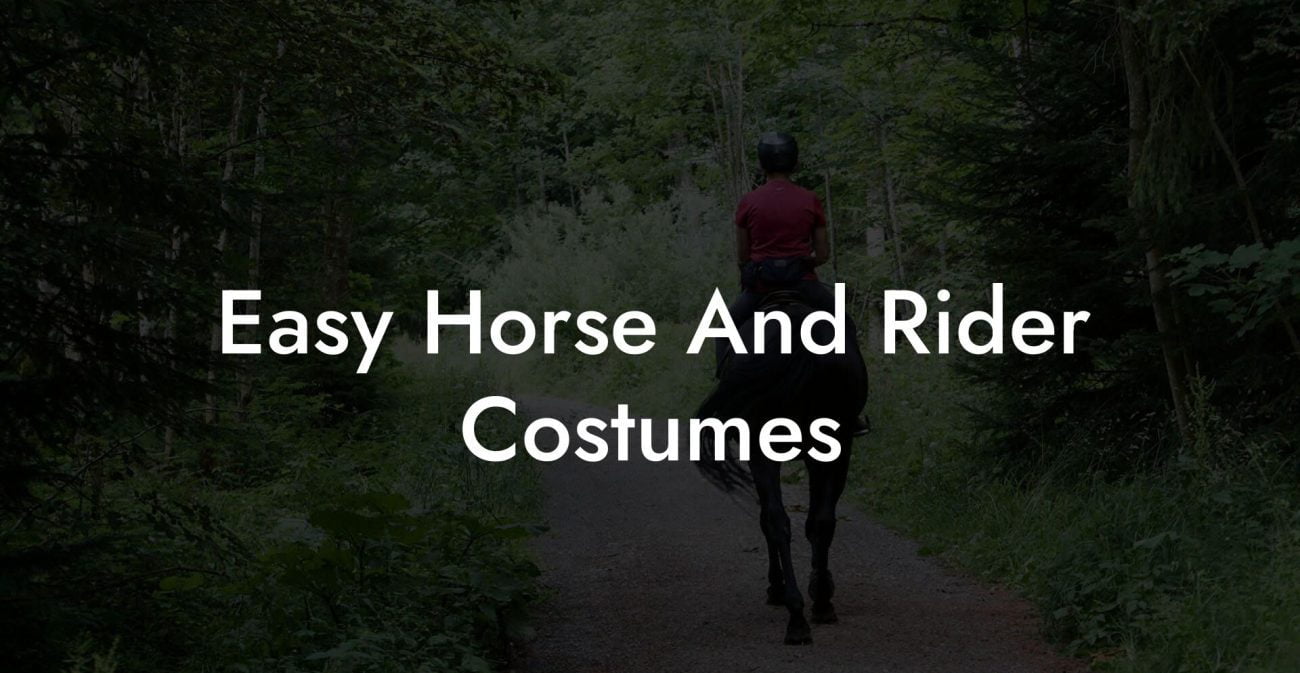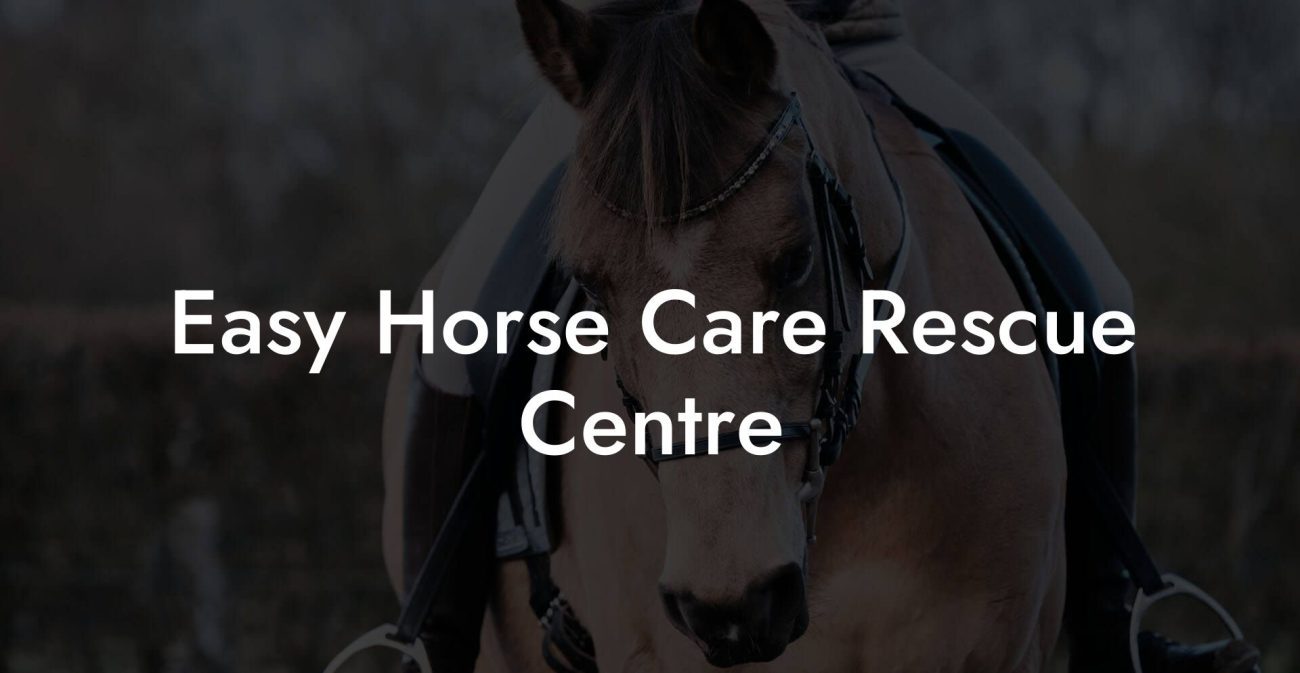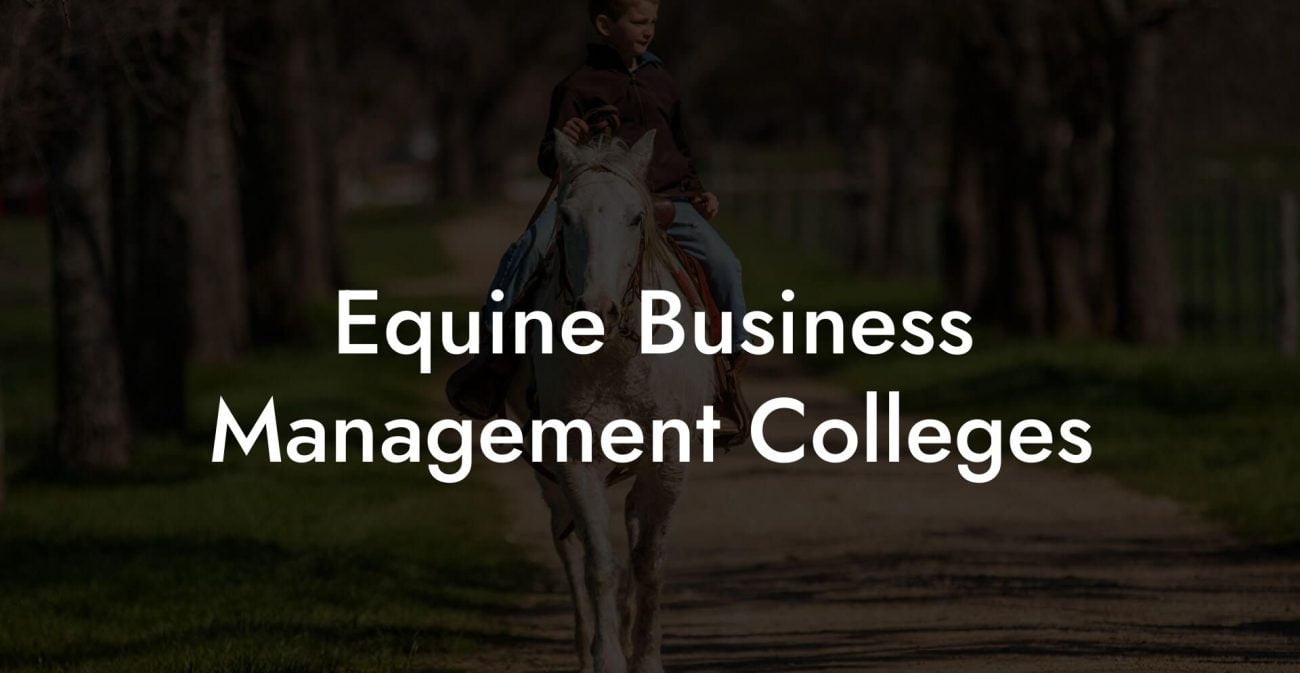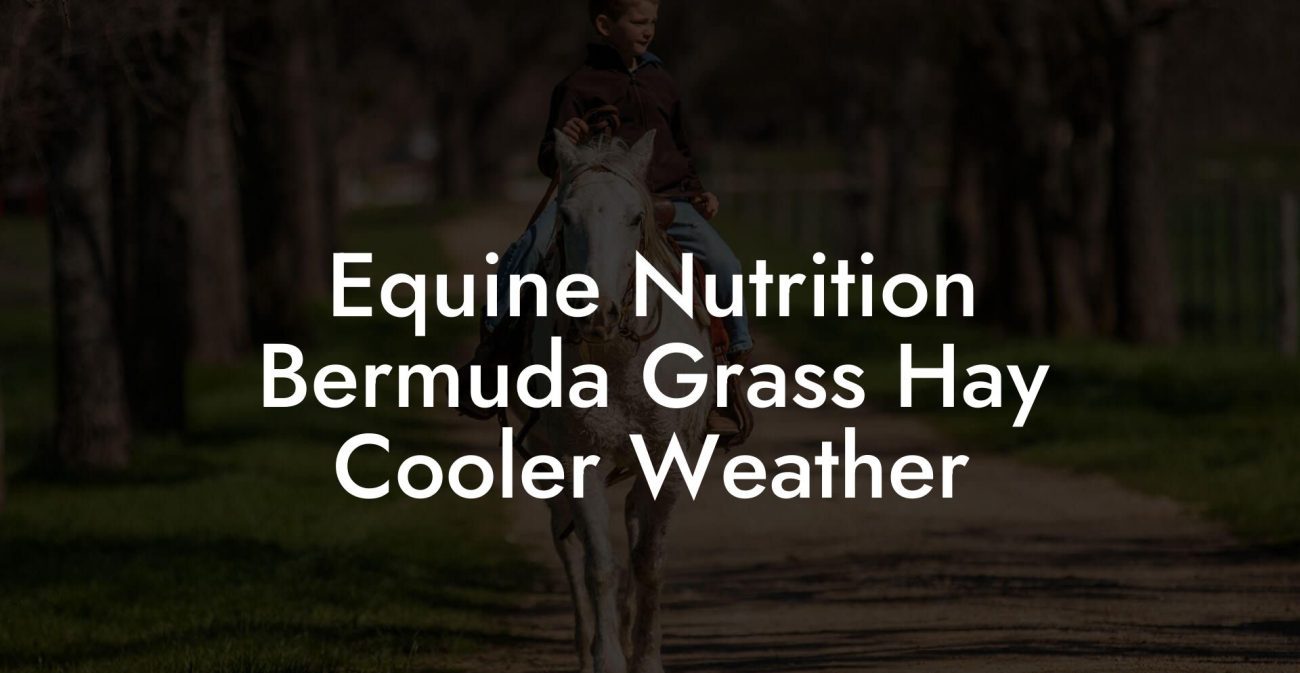Ever wondered if owning a horse is the equestrian equivalent of buying a luxury car—with hay instead of gas, and a stable bill that could rival your student loans? Buckle up, because we’re about to gallop through the wild, sometimes wacky world of horse costs. Whether you’re a Gen-Z dreamer or a millennial with a penchant for sunsets on horseback, this guide will help you break down the price tag of your four-legged friend, from the initial purchase to the ongoing care that keeps those hooves happy and healthy.
Quick Links to Useful Sections
- Understanding the Price Tag: How Much Does a Horse Really Cost?
- The Purchase Price: What’s the Going Rate for a Horse?
- Breed and Pedigree
- Age, training, and Temperament
- Geographical Differences
- Initial Expenses: Beyond the Purchase Price
- equipment and Gear
- Stabling and Boarding
- Initial Veterinary Screenings and Vaccinations
- Ongoing Costs: The True Price of Horse Maintenance
- Food and Feed
- Veterinary Care
- Farrier and Hoof Care
- Insurance
- Routine Maintenance and Miscellaneous Expenses
- Unexpected Costs: When Life Throws You a Curve (or a Colt)
- Emergency Veterinary Visits
- Rehabilitation and Physical Therapy
- Unexpected Boarding or Transportation Costs
- Budget-Friendly Alternatives: Leasing, Sharing, and More
- Leasing Your Dream Horse
- Sharing or Riding Programs
- Volunteer Programs and Therapeutic Riding Centers
- Financial Planning for Horse Ownership: Tips and Tricks
- Create a Detailed Budget
- Prioritize Preventive Care
- Shop Around and Negotiate
- Keep an Emergency Fund
- Leverage Community Knowledge
- Evaluating the Return on Investment: More Than Just Dollars and Cents
- Horse Care 101: Ensuring Your Equine Companion Thrives
- Grooming and Daily Routine
- Exercise and Social Interaction
- nutrition and Specialized Feeding
- Leverage Technology: Apps, Tools, and Online Communities
- Resources and Community Support: Your Next Steps
- Local Equestrian Clubs and Riding Schools
- Online Forums and Social Media Groups
- Financial Advisors Specializing in Animal and Farm Investments
- Equestrian Blogs, Podcasts, and Websites
- FAQs About Horse Ownership Costs: Your Neighbors Ask, We Answer
- Your Journey to a Smarter Horse Investment
Understanding the Price Tag: How Much Does a Horse Really Cost?
When it comes to equine economics, the cost of a horse is not just about the sticker price. Much like your favorite designer sneakers, the value of a horse goes way beyond what you initially pay. There are hidden costs, maintenance expenses, and even the occasional “oops” moment that can send your bank account into a tailspin.
In this guide, we’ll break down every aspect of the cost of horse ownership. From purchasing your equine companion to feeding, grooming, and sudden veterinary surprises, you'll gain a holistic view of the financial commitment involved. And yes, we’ll keep it as entertaining as a rodeo—minus the cowboy hat (unless you’re into that).
The Purchase Price: What’s the Going Rate for a Horse?
First things first: the upfront cost. Like buying a car or even a fancy bike these days, the price of a horse depends on a myriad of factors. You might be able to snag a horse at an auction for a few thousand dollars or splurge on a prized show horse that costs upwards of tens of thousands. Let’s break it down:
Breed and Pedigree
Just like limited-edition sneakers or vintage vinyl records, certain horse breeds come with a premium price. A high-bred Thoroughbred with champion lineage, for instance, can cost a pretty penny. On the flip side, mixed breeds or horses from rescue organizations often cost far less—sometimes even free, apart from the transportation and vet checks.
Age, training, and Temperament
A young, untrained colt may be a bargain, but be warned: while their price might be low, expect to invest in training and a hefty dose of patience. An older, well-trained horse may cost more upfront, but with proper care, they could save you time and money in the long run by being ready to ride, compete, or even serve as a therapy companion.
Geographical Differences
The cost of horses can vary dramatically by region. In rural areas or regions with a rich equestrian history, you might find a bargain that makes you feel like you’ve discovered a hidden gem. In urban areas or regions where space is at a premium, prices tend to shoot up faster than a thoroughbred out of the gate.
No matter where you are, the purchase price is only the beginning of your equine investment.
Initial Expenses: Beyond the Purchase Price
While the price tag on the horse itself might be the headline act, the supporting cast of expenses can add up quickly. Think of it as buying a fancy gadget; the device might be affordable, but all the accessories, warranties, and service plans can put a dent in your wallet.
equipment and Gear
Before your new equine friend even sets hoof in your stable, you’ll need to invest in the essentials: saddles, bridles, grooming kits, blankets, and a host of other gear to keep your horse comfortable and safe. Depending on whether you’re riding for fun, competition, or just showing off on Instagram, the equipment can range from a few hundred to several thousand dollars.
Stabling and Boarding
Do you have your own pasture, or will you be boarding your horse at a local stable? Boarding fees can vary widely—from affordable month-to-month arrangements at community stables to the lavish pastures of premier equestrian centers complete with 24/7 care and training. Be sure to factor in these recurring monthly costs into your overall horse budget.
Initial Veterinary Screenings and Vaccinations
Much like you’d take a new pet for a health check, your horse needs an initial round of veterinary visits to ensure everything is a-okay. Routine vaccinations, deworming, dental checks, and perhaps even a pre-purchase exam all contribute to the upfront expenses.
Ongoing Costs: The True Price of Horse Maintenance
Owning a horse is a long-term commitment—and this is where the real financial journey begins. Just as maintaining a car involves periodic oil changes, tire rotations, and unexpected repairs, horses require routine care and occasional splurges.
Food and Feed
Whether you’re feeding them top-quality hay, grain, or a combination of both, a horse’s diet is a significant recurring expense. Natural pastures might cut costs if you live on acreage, but don’t be fooled: supplementation and specialized feeds can push your budget in the higher price range.
Veterinary Care
Routine check-ups, vaccinations, and emergency care must all be factored into your horse care arsenal. An unexpected lameness or a bout of colic can not only cause distress but also lead to expensive treatments. Consider setting up a contingency fund for these “just in case” moments.
Farrier and Hoof Care
Just as you change the oil in your car, your horse needs regular hoof care. Farriers typically trim hooves every 6-8 weeks, and if your horse requires horseshoes, that can add even more to the bill. Good hoof care is non-negotiable if you want your horse to stay in tip-top shape.
Insurance
Horse insurance might sound like just another expense, but it can be a lifesaver when unexpected circumstances arise. Depending on your location and the value of your horse, you can choose from a variety of policies that cover mortality, theft, and even liability.
Routine Maintenance and Miscellaneous Expenses
Beyond the big-ticket items, there are numerous smaller, ongoing costs. From annual dental care and wash supplies to bug repellents and stable upkeep, these expenses accumulate over time. It’s like subscribing to a monthly streaming service for your horse’s health!
Unexpected Costs: When Life Throws You a Curve (or a Colt)
No matter how well you plan, the equine world is full of surprises. Just when you think you have everything budgeted, a sudden illness, injury, or even a natural disaster can lead to unforeseen expenses.
Emergency Veterinary Visits
Imagine taking your horse for a routine ride and suddenly they start showing signs of distress. Emergency situations like colic or laminitis require immediate and intensive veterinary care, which can cost a small fortune. Having an emergency fund specifically for your horse is as smart as having roadside assistance for your car.
Rehabilitation and Physical Therapy
In the event of injury, your horse might need specialized rehabilitation or even physical therapy. These expenses can be substantial, but they are crucial to ensure your equine friend gets back on their hooves as soon as possible.
Unexpected Boarding or Transportation Costs
Sometimes, you might need to relocate your horse temporarily due to emergencies or seasonal changes in your region. Last-minute boarding or specialized transport services (especially if your horse needs to be flown to a different state for treatment) can be quite expensive.
Keeping a financial safety net is essential—think of it as an “equestrian emergency fund” that allows you to handle life’s unexpected hurdles without breaking the bank.
Budget-Friendly Alternatives: Leasing, Sharing, and More
Not everyone is ready to dive headfirst into the deep end of horse ownership costs. If you’re smitten by horses but wary of the wallet-busting expenses of full ownership, there are budget-friendly alternatives to consider.
Leasing Your Dream Horse
Leasing a horse can be compared to renting your favorite luxury apartment. You get all of the perks of spending time with a horse without the full financial commitment of purchasing one outright. Leasing agreements vary, but they typically involve a set number of riding days per week or month, along with shared responsibility for care and maintenance.
Sharing or Riding Programs
Many stables and riding clubs offer sharing programs where multiple riders split the costs of caring for a horse. It’s a win-win: you get regular riding time, and the costs are distributed among several enthusiasts. This option is especially popular among college students and young professionals who want to indulge their equestrian dreams without financial overload.
Volunteer Programs and Therapeutic Riding Centers
If you’re looking to get your fix of horse time while keeping costs low, consider volunteering at a local stable or therapeutic riding center. Not only do you gain hands-on experience, but you might also score some behind-the-scenes perks like discounted lessons or even free riding time.
These alternatives provide an excellent way to enjoy the magic of horses without shouldering the full economic weight of ownership.
Financial Planning for Horse Ownership: Tips and Tricks
Owning a horse, like planning for any major investment, requires strategic financial planning. The equestrian world might be unpredictable, but your budget doesn't have to be. Here are some tried-and-true tips to manage your horse-related expenses gracefully:
Create a Detailed Budget
Start by itemizing all potential costs—from the purchase price and equipment to food, vet visits, and booth fees. When you lay everything out on paper (or a spreadsheet), it becomes much easier to foresee how much you need to set aside each month.
Prioritize Preventive Care
Much like regular maintenance for your car, investing in preventive veterinary care, dental check-ups, and routine farrier visits can help avoid major, costly issues down the line. Prevention is not just better than cure—it’s considerably less expensive, too!
Shop Around and Negotiate
Whether it’s comparing prices for feed and equipment or negotiating rates for boarding and vet services, don’t be afraid to shop around. Look for local deals, discounts, or package options that can effectively lower your monthly costs.
Keep an Emergency Fund
As we mentioned earlier, life is full of unexpected twists. Setting aside a dedicated emergency fund ensures that when your horse needs immediate care or when unforeseen costs arise, you’re financially prepared without having to scramble.
Leverage Community Knowledge
The equestrian community is full of savvy horse owners who have been through the wringer and come out on top. Join online forums, local clubs, or social media groups where tips, tricks, and bargains are shared—sometimes you can even swap services or barter for discounts.
With a solid financial game plan, you can enjoy the perks of horse ownership while keeping your budget as calm as a horse grazing in a sunlit field.
Evaluating the Return on Investment: More Than Just Dollars and Cents
Sure, horses can be expensive, but the return on investment isn’t always measured in dollars. For many, the emotional, psychological, and even physical benefits of spending time with horses make the costs worthwhile.
Whether it’s the joy of a sunset ride, the stress relief from spending time in nature, or simply the unique bond that grows between horse and rider, the rewards of owning a horse go far beyond mere financial considerations. Think of it as an investment in your happiness, well-being, and lifestyle—a kind of therapy you can actually ride.
Of course, balancing this emotional ROI with the practical costs is key. As you weigh the benefits against the expenditures, remember that the right horse for you isn’t just one your wallet can handle, but one that also enriches your life in the countless ways only a four-legged friend can.
Horse Care 101: Ensuring Your Equine Companion Thrives
Beyond the money talk, true horse ownership means providing a life of quality care. You’re not just buying a pet; you’re adopting a lifestyle that requires time, passion, and a generous dash of humor.
Regular grooming sessions, a balanced diet, and appropriate exercise routines are all part of the package. And while it might seem like a lot, many horse owners relish the opportunity to bond with their animals through daily care—after all, fewer selfies and more neigh-sayers (yes, we just made that pun).
Grooming and Daily Routine
Keeping your horse looking—and feeling—its best means a consistent grooming routine. This isn’t just about appearances (although a shiny coat is always Instagram-worthy); grooming helps you spot any potential health issues before they become major problems. Brush out dirt, check for cuts or sores, and ensure those hooves are in tip-top shape.
Exercise and Social Interaction
Horses are naturally social creatures with a need for regular exercise. Regular riding, turnout in a paddock, or simply a long walk in the pasture keeps your horse healthy and happy—and gives you a great excuse to get outside and enjoy some fresh air. Plus, it’s a great workout too!
nutrition and Specialized Feeding
The food your horse eats is the foundation of their health. Work with your vet and nutritionist to develop a feeding plan that suits your horse’s breed, age, and activity level. From quality hay to vitamins and mineral supplements, every meal is an opportunity to invest in your horse’s long-term wellness.
Remember, a well-cared-for horse is a long-term partner in your equestrian adventures—just treat them like the VIP (Very Important Pony) they are!
Leverage Technology: Apps, Tools, and Online Communities
In our digital age, technology isn’t just for scrolling through memes on your smartphone. Today’s equestrians have access to a wealth of apps, tools, and online communities to help manage and reduce the costs of horse ownership.
From tracking expenses and scheduling veterinary appointments to joining virtual clubs and learning new riding techniques through webinars, technology can be a real game-changer. Many cost-conscious horse owners swear by apps that keep track of their daily expenses, helping them manage everything from feed costs to emergency funds.
Online groups and forums are also treasure troves of insider knowledge. Whether you need advice on negotiating with a farrier or tips on finding the best deals for riding gear, digital communities offer a wealth of collective wisdom. So, download that budgeting app, join that Facebook group—your future self (and your wallet) will thank you.
Resources and Community Support: Your Next Steps
If you’re feeling inspired and ready to dive into the adventurous world of horse ownership, it’s time to connect with the right resources and communities. The more you know, the better equipped you will be to navigate the many financial and practical challenges of owning a horse.
Local Equestrian Clubs and Riding Schools
Joining a local riding club or school is a great way to learn firsthand from experts. These groups not only offer riding lessons and training tips but also serve as a hub for sharing insider knowledge on budgeting, maintenance hacks, and finding reliable vendors for your horse’s needs.
Online Forums and Social Media Groups
Platforms like Reddit, Facebook, and Instagram are brimming with equestrian communities where members freely exchange advice, vendor recommendations, and even secondhand gear. Engaging with these communities can provide you with invaluable tips on how to maximize your riding experience while keeping costs in check.
Financial Advisors Specializing in Animal and Farm Investments
Believe it or not, there are financial advisors who specialize in agricultural and animal investments. Consulting with an expert can help you design a sustainable budget that covers all bases—from the initial purchase to routine care—and ensures you’re financially prepared for any surprises down the road.
Equestrian Blogs, Podcasts, and Websites
Dive into the vast world of equestrian content available online. From blogs that break down the economics of horse ownership to podcasts that feature industry experts sharing their experiences, there’s no shortage of resources to help you make smarter financial decisions.
Whether you’re a newbie or a seasoned horse lover exploring new financial strategies, these resources and communities are your next step towards a more informed and fulfilling equine journey.
FAQs About Horse Ownership Costs: Your Neighbors Ask, We Answer
Purchase your popcorn, saddle up, and dive into some frequently asked questions about the cost of owning a horse. We’ve got answers that cover everything from sticker shock to savvy savings tips.
1. How much does it generally cost to purchase a horse?
The price of a horse can range anywhere from a few hundred dollars for a rescued or older horse to upwards of tens of thousands for a well-bred, competition-level animal. Factors such as breed, age, training, and location all play a significant role.
2. What are the most significant ongoing expenses of horse ownership?
Once you’ve made the purchase, expect recurring costs like feed, boarding or stabling fees, routine veterinary care, farrier services, and insurance. Regular maintenance, grooming supplies, and occasional emergency expenses also add up.
3. Are there ways to reduce the ongoing costs associated with owning a horse?
Absolutely! Consider options like leasing, riding sharing programs, and joining local equestrian clubs. Shopping around for competitive prices on feed and supplies, preventative care, and leveraging community advice can also help lower your monthly bills.
4. How can I budget effectively for unexpected expenses?
Setting up a dedicated emergency fund for your horse is key. Aim to save an extra 10-20% of your annual horse care budget to cover unforeseen vet visits, equipment replacements, or sudden changes in boarding fees.
5. Does geographic location significantly impact the cost of horse ownership?
Yes, where you live can greatly affect costs. Rural areas might offer cheaper land and boarding options, while urban locations may have higher fees due to limited space and increased demand for premium equestrian services.
6. What role does technology play in managing horse care costs?
Technology can be a lifesaver by helping you track expenses, schedule routine maintenance, and connect with online communities for cost-saving tips. Budgeting apps, digital journals, and equestrian-specific platforms allow you to manage financial and care-related tasks more efficiently.
7. Is it more cost-effective to buy or lease a horse?
That depends on your needs, lifestyle, and long-term plans. Buying a horse means full responsibility—and full financial commitment—while leasing or sharing reduces upfront costs and shares the burden of maintenance. Evaluate your personal goals and budget to decide which option suits you best.
8. Can I get equestrian insurance to cover some of these expenses?
Yes, many insurance providers offer policies that cover mortality, theft, and sometimes even routine health care. Insurance can help cushion the blow of unexpected major expenses, making it a worthwhile consideration.
Your Journey to a Smarter Horse Investment
Stepping into the world of horse ownership is much like embarking on an adventure with plenty of twists, turns, and the occasional hay bale to dodge. The financial commitment may seem daunting, but with the right research, budgeting, and a hearty dose of passion, you can forge a rewarding bond that enriches your life in countless ways.
By carefully evaluating your needs, planning for both expected and unexpected expenses, and tapping into the wealth of available resources and communities, you’re not just making a purchase—you’re investing in a lifestyle filled with breathtaking rides, sunlit pastures, and moments of true, unbridled joy. Every dollar spent is a step toward creating memories that will last a lifetime.
Remember, while the costs add up, the rewards of horse ownership—both tangible and intangible—can be priceless. So saddle up, plan smart, and enjoy every stride of your equestrian journey with the confidence of a seasoned rider who knows how to make every penny count.
Your adventure awaits. With your newfound insights and trusty budgeting tools in hand, you’re now prepared to ride confidently through the ups and downs of horse ownership. And who knows? Along the way, you might just find that the joy of living your equestrian dream is worth every bit of investment.

